Russia has been beefing up its use of long-range glide bombs because of Ukraine’s tough air defenses along the front lines of Moscow’s grinding war with Kyiv, according to war analysts.

The Institute for the Study of War (ISW), a Washington, DC-based think tank, said in an assessment published Sunday that Ukraine’s air defense coverage “is reportedly incentivizing Russian forces to rely more heavily on remote strikes with glide bombs” as Ukrainian forces continue to shoot down Russian attack helicopters.
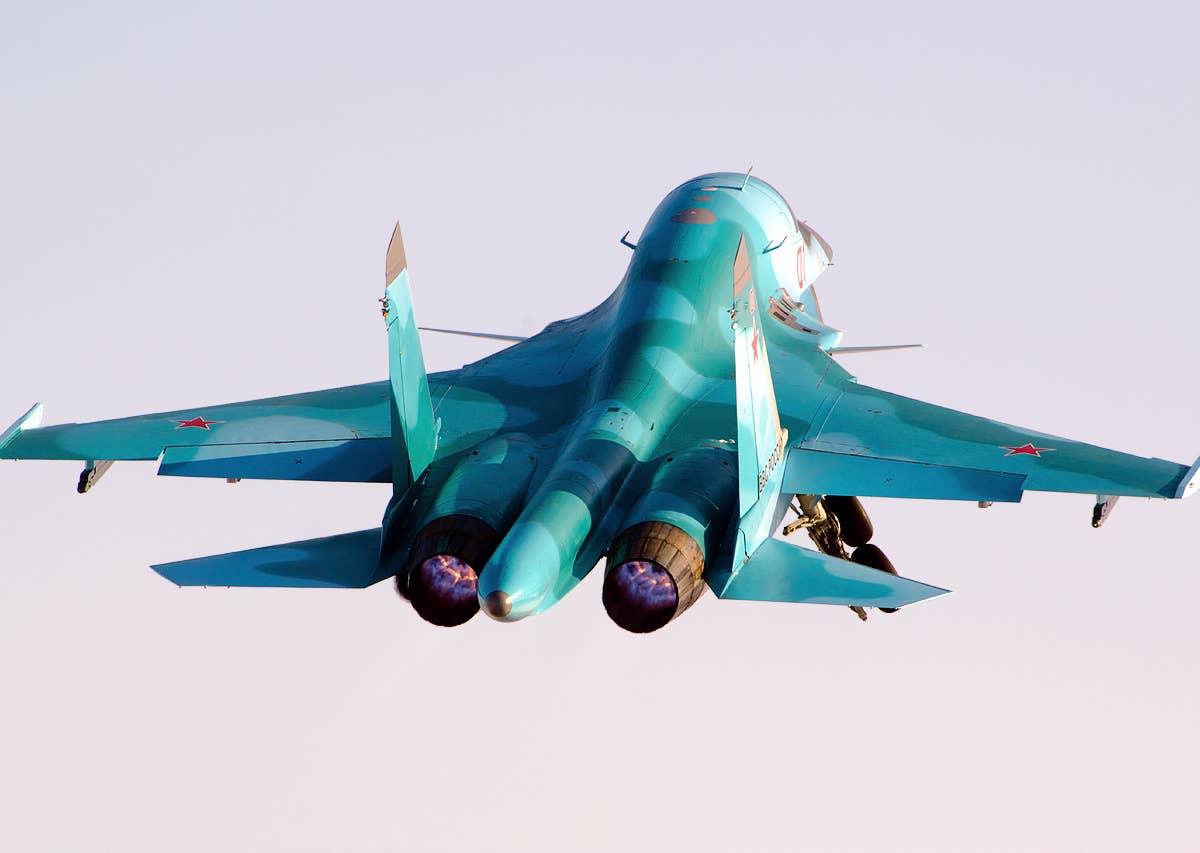
ISW cited Ukrainian military spokesman Colonel Oleksandr Shtupun as saying on Sunday that Ukrainian troops take out Russian attack helicopters like the Ka-52 and Mi-24 choppers as soon as they come into the range of Ukrainian defense systems.

According to the war experts, Shtupun said that this Ukrainian air defense tactic has prompted Russian forces to use Su-35 and Su-34 fighter aircraft to launch remote strikes with glide bombs from up to about 43 miles away from the front line.

Over the summer, Russian forces “effectively” used helicopters to combat Ukraine’s counteroffensive in the Zaporizhzhia region of the Eastern European country but lowered the use of rotary wing aircraft after the downing of Ka-52 choppers there in mid-August, according to ISW.
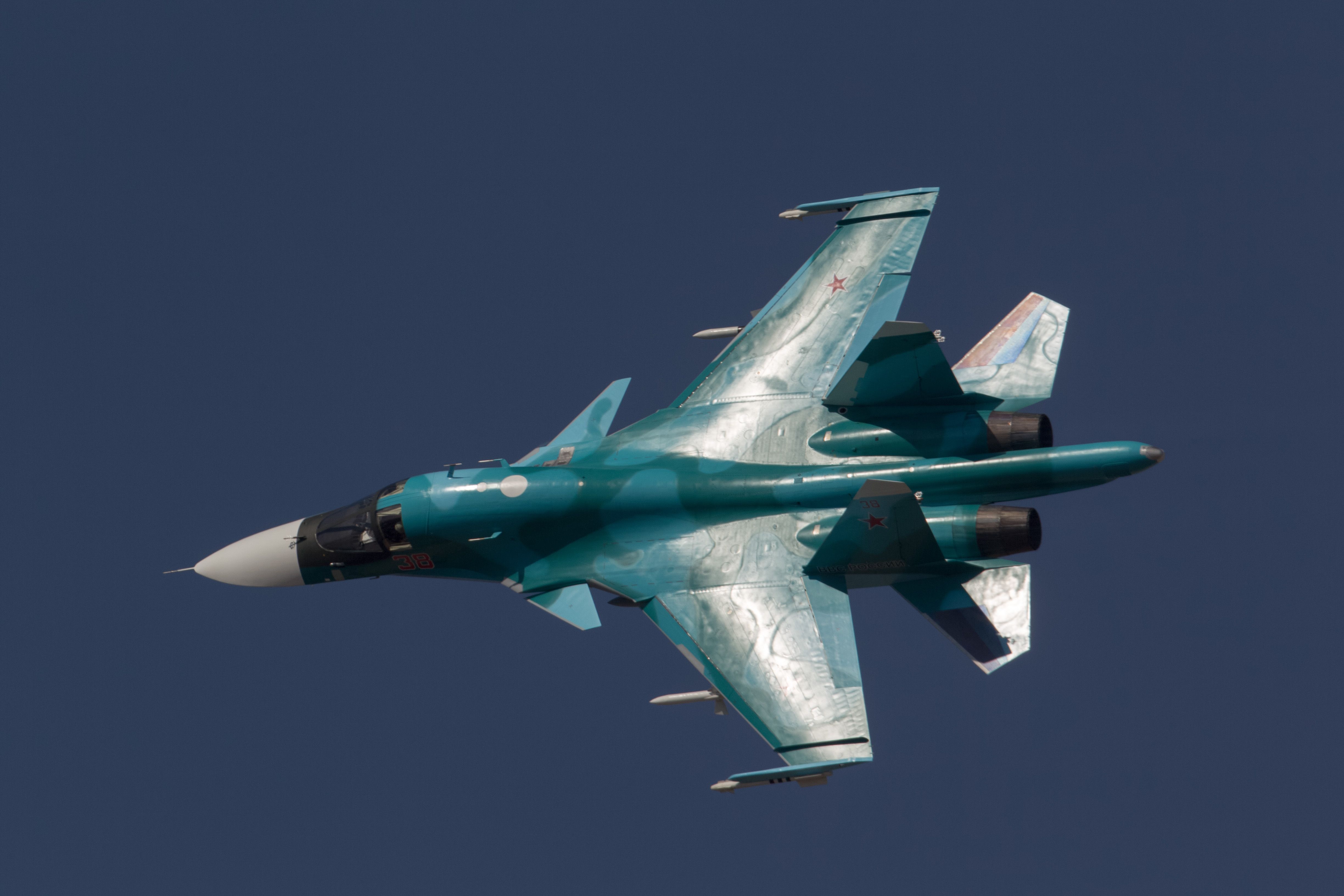
The war analysts said that Shtupun’s comments were “consistent with these observations as well as with the increased Russian use of glide bombs throughout the front line, particularly in southern Ukraine.”
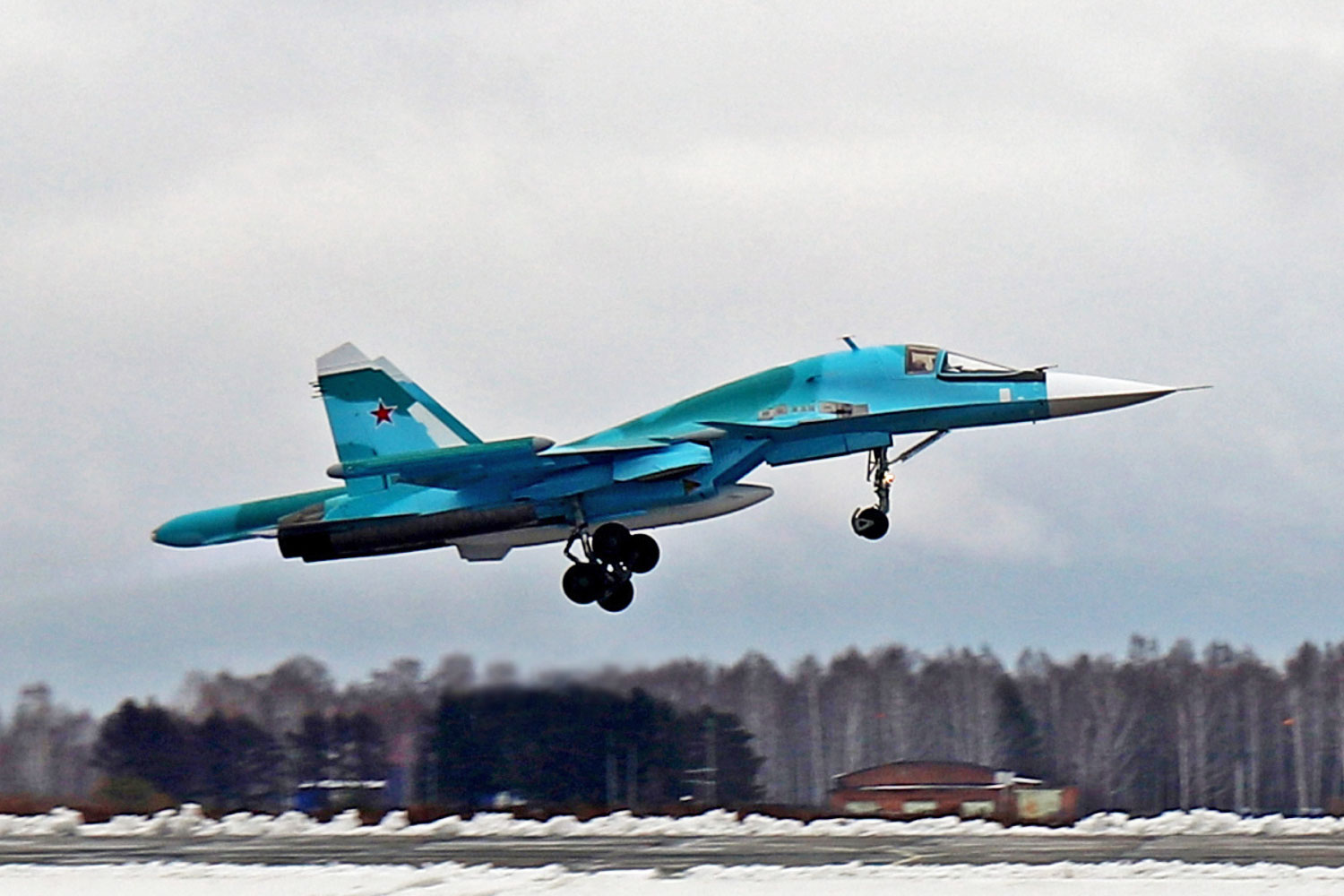
Ukraine’s military has sounded the alarm over Russia’s use of glide bombs — bombs modified with glide kits that allow for launches from greater distances, reducing the launching aircraft’s exposure to enemy air defenses.
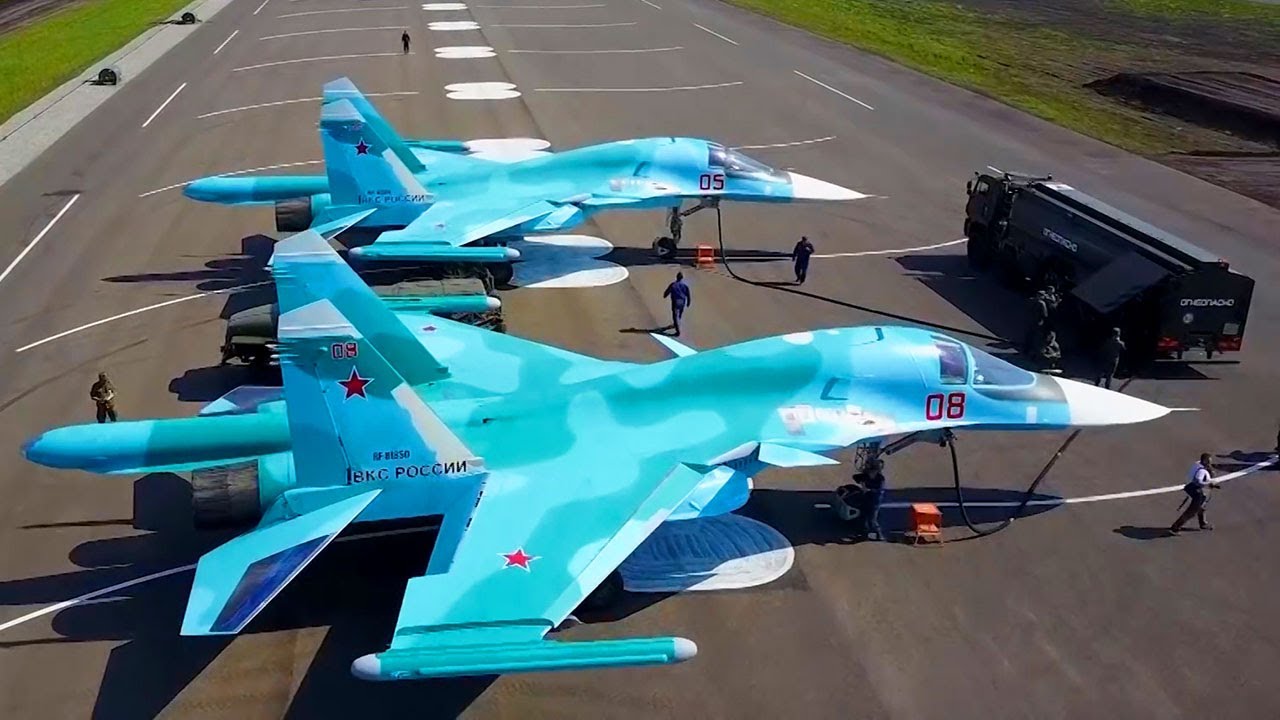
Though the bombs are relatively poor in quality, they can wreak havoc, Ukrainian military officials have warned.
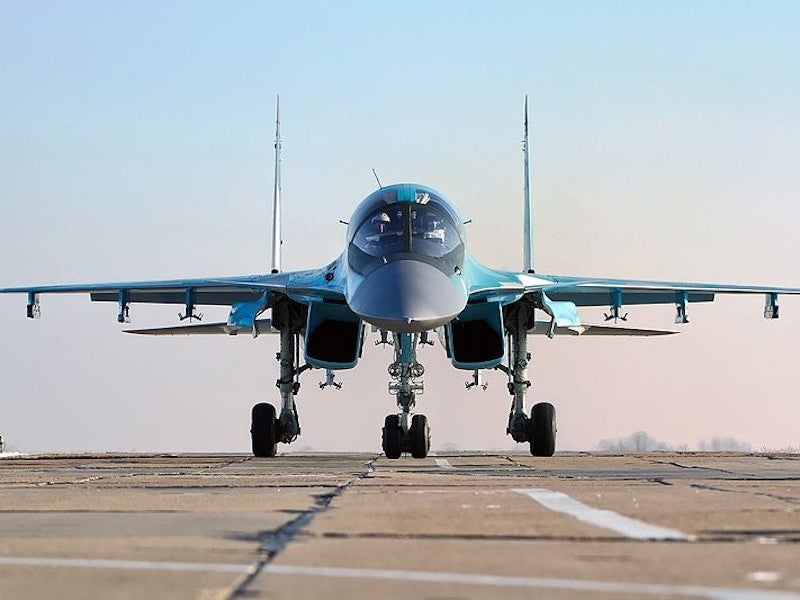
Last month, military expert Hans Petter Midttun, a nonresident fellow at the Centre of Defence Strategies, reported that Russia hit a single Ukrainian region with 40 of the powerful glide bombs in one night.

Oleksiy Melnyk, a military expert from the Ukrainian think tank the Razumkov Center, previously told Business Insider that the weapons showed Ukraine was facing “a ruthless enemy, especially when we talk about collateral damage.”
